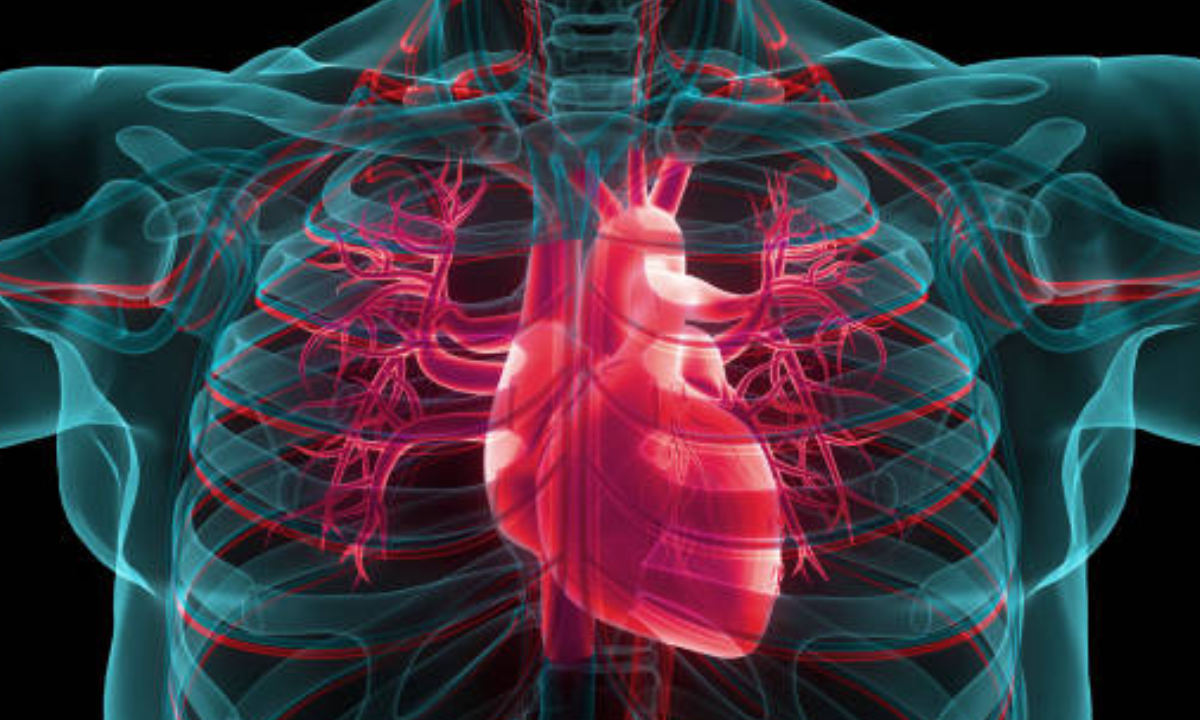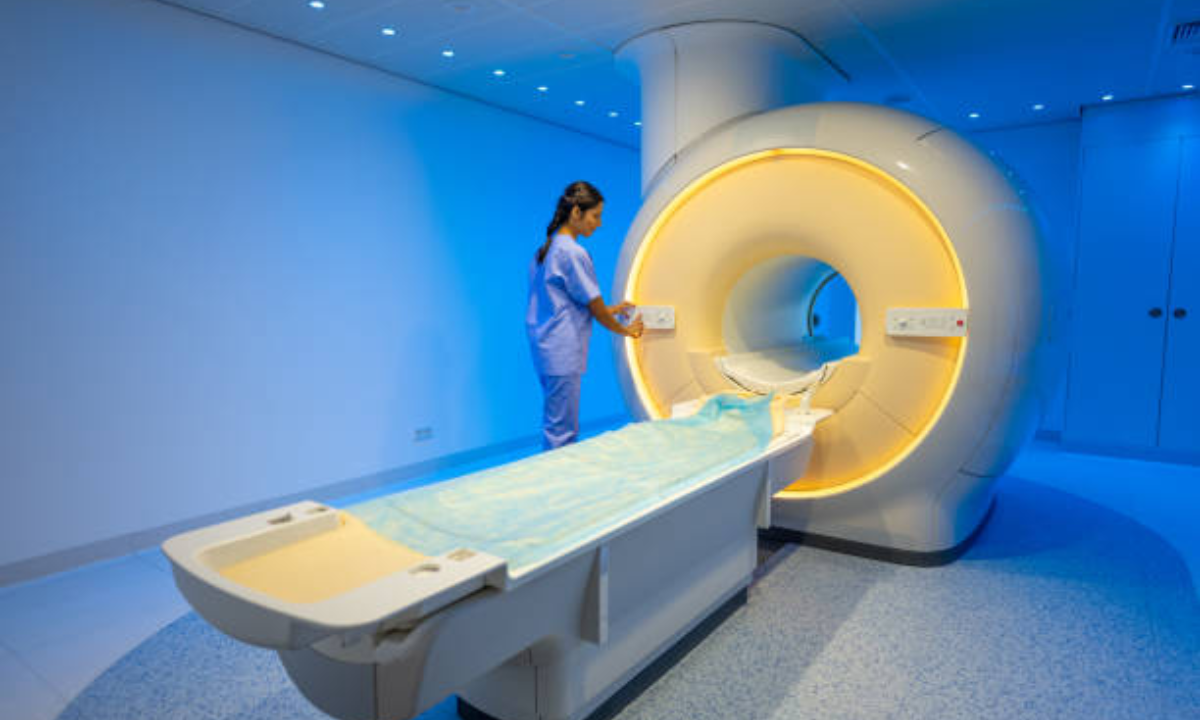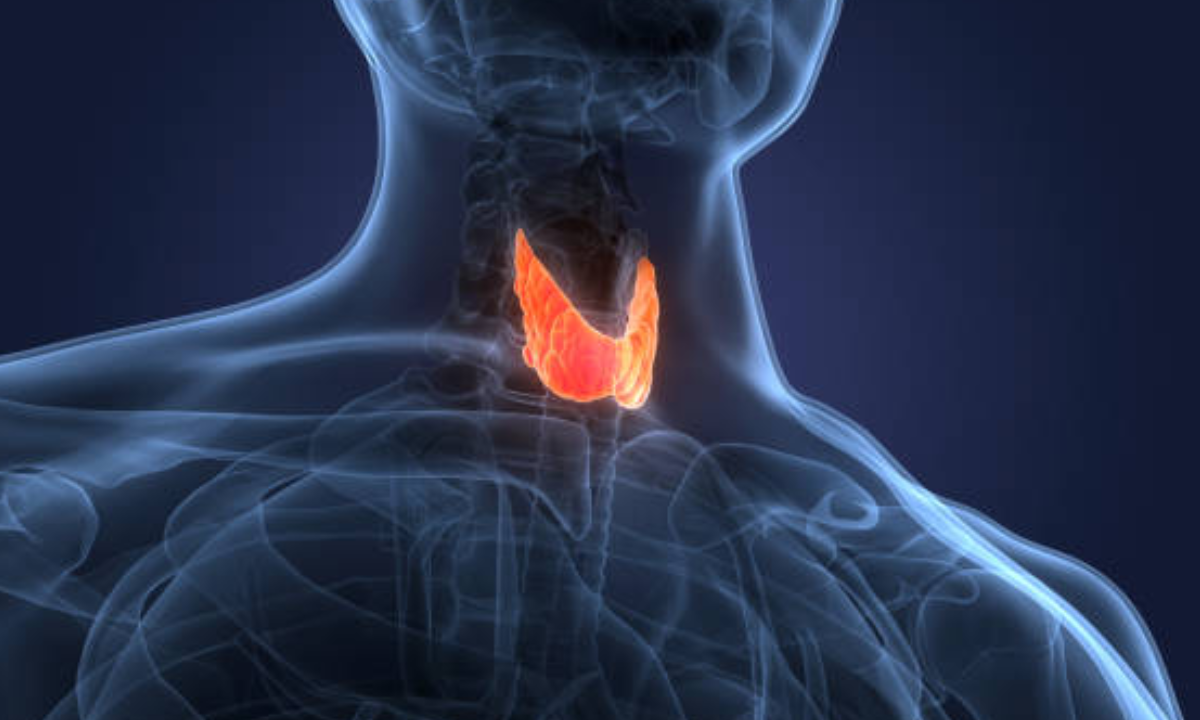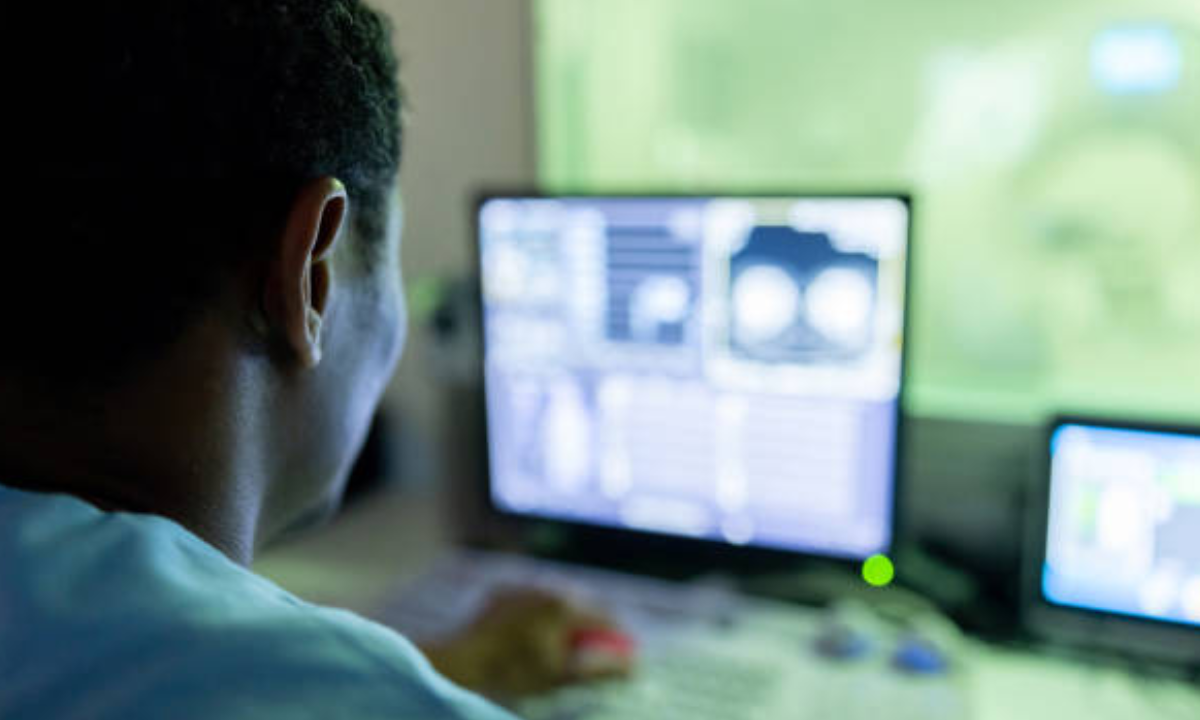Introduction:
In the field of medical diagnostics, technology is ever-evolving, allowing healthcare providers to acquire a better understanding of the human body without intrusive or surgical interventions. The CT scan, also referred to as a computed tomography scan, is one such technological marvel. The very detailed cross-sectional images of knee injuries help clinicians detect and diagnose illnesses and injuries. In this extensive guide, we will go over the relevance of CT scans for knee injuries, their function, preparation, method, potential hazards, significance of follow-up sessions and treatment prognosis.
The Importance of CT Scans for Knee
Modern medicine, especially orthopaedics and sports medicine, greatly benefits from a knee CT scan. It provides unparalleled insights and understanding of the bones, arteries, tendons, ligaments, muscles, and internal knee joint components.
These detailed images of knee injuries help healthcare professionals identify various knee conditions and injuries accurately, enabling them to formulate precise treatment plans.
Why Are Knee CT Scans Performed?
When standard X-rays alone are not sufficient to offer the necessary information, a CT scan of knee is used. This non-invasive imaging technique produces reliable images of knee injuries is used to identify and evaluate a variety of knee-related conditions, including:
- Arthritis: CT scans can identify arthritis symptoms, assisting physicians in assessing joint damage and formulating effective treatment plans.
- Abscess: CT scans can be used to detect an accumulation of pus within the knee joint, assisting in timely diagnosis and required appropriate treatment.
- Bone Fractures: CT scans help accurately classify and treat fractures by clearly displaying the abnormality and their extent or severity. It is expected to produce better results than just fractured knee X-ray.
- Infection: CT scans can help identify knee infections or abscesses, enabling early treatment and lowering the risk of further complications.
- Torn Ligaments or Tendons: CT scans can detect ligament or tendon tears, which helps with surgery planning and recovery.
- Tumours: When knee tumours are suspected, CT scans can assist determine their position and size, which is important for efficient treatment planning.
Although CT scans of the knee are typically safe, it is important to be aware of any possible side effects. It could be necessary to utilise contrast dye in some cases to improve the quality of images of knee injuries generated. This type of scan is called CT Scanogram. Contrast dye side effects are relatively rare, however, patients with a history of allergies should let their doctors know well in advance. Additionally, since certain contrast dyes may impair renal function, people with kidney conditions ought to check with their doctor about any potential hazards.
Although there is very little radiation exposure during a CT scan, a certain population is considered to be more vulnerable to this exposure, such as pregnant women. Thus it is important that pregnant individuals or those who think they might be pregnant should let their healthcare provider know about it. Radiation exposure during pregnancy can potentially harm the developing fetus.
Preparing for a Knee CT Scan:
Preparation for a knee CT scan may differ depending on whether contrast dye is utilised or not. To ensure an excellent and safe scan, your doctor will give you detailed instructions. You might be requested to fast for a few hours prior to the operation if contrast dye is needed.
Notify your healthcare provider regarding any known allergies, particularly to iodine, since the most commonly used contrast dye contains iodine. Pior to the scan, you will have to take off all jewellery and put on a hospital gown. You will also have to remove any braces or bandages covering the knee for obtaining accurate images of knee injuries.
Performing CT Scan on Knee
The CT machine has a moveable seat in the middle and is shaped like a huge doughnut made of metal and plastic. A contrast dye is given intravenously if it is necessary. The dye enhances the images of knee injuries by interacting with the CT scanner. There is a brief waiting period after the injection for the dye to circulate throughout the body before reaching the knee joint.
The patient lies on a bench during the scan, which is accessed and moved around by a technician. The technician could use straps or cushions to keep the patient in the proper posture so that clear images of knee injuries can be obtained. It might be necessary to momentarily hold your breath during some scans in order to reduce motion disturbances.
Multiple scans may be carried out to capture various knee joint angles. The total treatment typically takes between 30 and 45 minutes.
Follow-Up and Post-Scan Care:
Patients may return to regular daily tasks following the knee CT scan. Keeping hydrated and consuming more fluids might help the body flush away contrast dye if any was applied. In most cases, the dye leaves the body within 24 hours.
The knee CT scan findings are often made accessible within a day. Patients will be given a follow-up consultation so they can discuss the results with their medical professional. The treatment strategy will be based on the scan analysis, and patients will be given the chance to weigh in on decisions affecting their care. Thus, it becomes important to have a good comprehension and understanding of these technological advancements for informed decision-making.
Conclusion:
A knee CT scan is a strong diagnostic tool that allows healthcare providers to acquire a better knowledge of knee conditions as well as injuries without intrusive treatments. Patients can obtain accurate diagnoses using innovative imaging technologies, which leads to more effective treatment options and better outcomes. People can more effectively regulate their health by being aware of the need for CT scan of knee and being proactive in obtaining timely medical assistance. For any further information on Knee CT Scans, contact Kiran PET-CT Scan Centre, which is one of the most reliable and compassionate diagnostic services in Bangalore.






